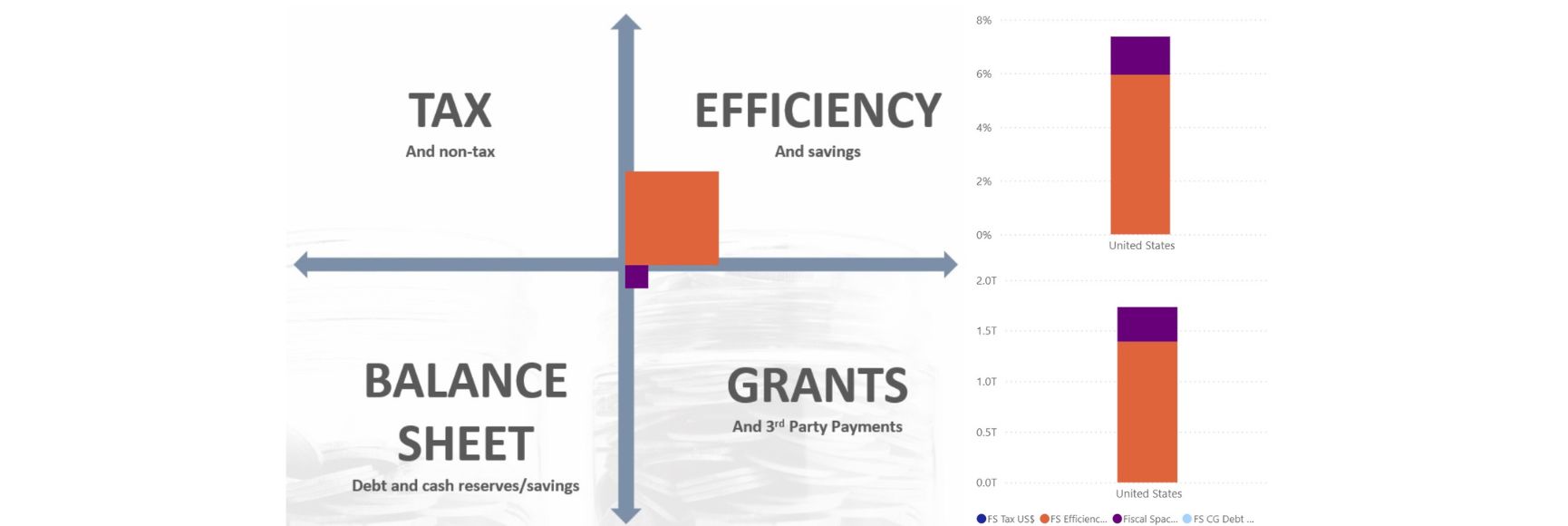Posted by Dr. Stephan Klingebiel, German Development Institute/Deutsches Institut für Entwicklungspolitik (DIE), Head of Department “Bi- and Multilateral Development Policy” (stephan.klingebiel@die-gdi.de)
Accountability is of considerable interest in the context of the debate on more effective development cooperation. In general terms, accountability is an obligation on a person, group or institution to justify decisions or actions taken. It is associated with sanctions in the event of compliance / non-complianceand is therefore based on incentives.
Accountability is relevant in three respects:
- accountability on the part of the donor;
- accountability in partner countries (domestic accountability);
- mutual accountability between partner and donor.
Accountability on the part of the donor (in the case of a bilateral donor; in the case of multilateral donors, the structure of accountability is sometimes arranged differently) and in partner countries concerns in particular parliaments, the electorate, civil society and national audit offices.
In the debate on effective development cooperation (i.e. the Paris Declaration, the Accra Agenda for Action and the Busan Partnership document) mutual accountability and accountability to the actual target groups in partner countries play a particularly vital role.
Challenges and problems
The aforementioned levels of accountability do not automatically complement each other. In some cases, they may even compete. Challenges are encountered especially in the following respects:
- In the past the (implicit) focus was on the accountability of aid recipients to donors. Conceptually, this changed primarily with the debates on aid effectiveness (Paris Declaration, etc.); however, the new concepts have yet to be fully implemented.
- This donor-oriented focus detracts from the effectiveness of development cooperation (risk aversion, by-passing of partners’ national systems, functioning “project islands”, donors’ implementation interests, etc.).
- Any emphasis placed by development policy on accountability in partner countries themselves is often confronted with structures in the various countries that do not function satisfactorily (weak roles played by parliament and the media, etc.). Partner governments do not necessarily have an interest in functioning accountable systems in their own countries, since they may be associated with demands for governance reforms.
- In some cases, mutual accountability is costly, entails numerous compromises and has shortcomings. This is true, for example, of coordinated national development strategies and of joint monitoring approaches and policy analyses.
Perspectives
It is possible in principle to identify ways of strengthening accountability in the development cooperation context. To begin with, functioning public financial management systems (including budgetary planning processes and value-for-money auditing) are a justified concern of partner countries and their actors.
The principles underlying aid effectiveness wisely focus on partner countries’ national systems; not the least important aspect of this is that it increases the importance of parliaments, civil-society actors, etc. Where the donors are concerned, there continues to be considerable room for improvement. Development cooperation can help to strengthen accountability systems and to reduce unintended effects likely to weaken them. External actors are primarily able to support the “supply” of accountability, but are less capable on the “demand” side.
Donors have a legitimate and serious desire for accountability in their own countries. That accountability is essential if political and societal backing is to be gained for the provision of public funds for development policy tasks. As a general rule, a distinction should be made in this context between sometimes complex and frequently abstract development cooperation systems and effect chains (in which donor administrations and the appropriate parliamentary bodies must have an interest) on the one hand and the legitimate need for transparency and information for a wider public on the other.
Results-based approaches to development cooperation can, in principle, strengthen mutual and national (in the partner country) accountability, since both forms are based on the partners’ implementation of policies and their activities; this may also concern M&E (monitoring and evaluation) systems, which are very important for accountability. There is a wide range of results-based approaches to development cooperation; in principle, they are also associated with risks (due, for instance, to misguided incentives or a fixation on activities that can be quantified).
Note: The posts on the IMF PFM Blog should not be reported as representing the views of the IMF. The views expressed are those of the authors and do not necessarily represent those of the IMF or IMF policy.





